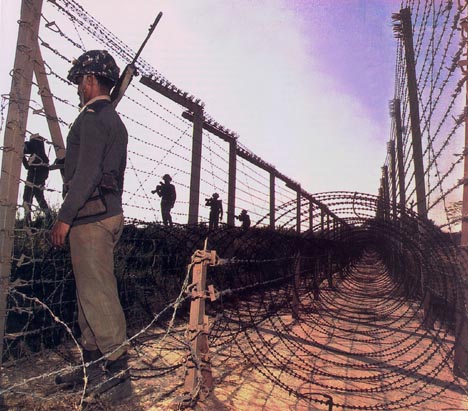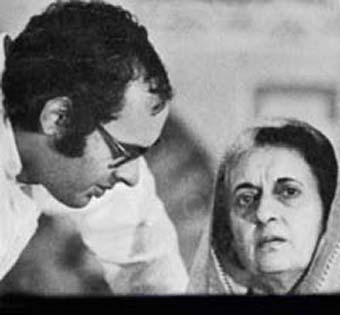The Partition
In February 1947, the new British official set over the Indian subcontinent, Lord Mountbatten, faced with the failure of the federal proposal, supported partition of India into two states: the current India, with a Hindu majority, under the control of the Congress Party, and Pakistan, with a Muslim majority, under the control of the Muslim League. Pakistan was further divided by being cut into two parts 900 miles apart.

 The All India Muslim League (AIML) was formed in Dhaka in 1906 by Muslims who were suspicious of the Hindu-majority Indian National Congress. They complained that Muslim members did not have the same rights as Hindu members. A number of different scenarios were proposed at various times.
The All India Muslim League (AIML) was formed in Dhaka in 1906 by Muslims who were suspicious of the Hindu-majority Indian National Congress. They complained that Muslim members did not have the same rights as Hindu members. A number of different scenarios were proposed at various times. The Delhi Fort also Lal Qila, meaning the Red Fort,located in Delhi, India is a UNESCO World Heritage Site. Red Fort, Delhi is one of the important building complexes of India which encapsulates a long period of Indian history and its arts. Its significance has transcended time and space.
The Delhi Fort also Lal Qila, meaning the Red Fort,located in Delhi, India is a UNESCO World Heritage Site. Red Fort, Delhi is one of the important building complexes of India which encapsulates a long period of Indian history and its arts. Its significance has transcended time and space.
